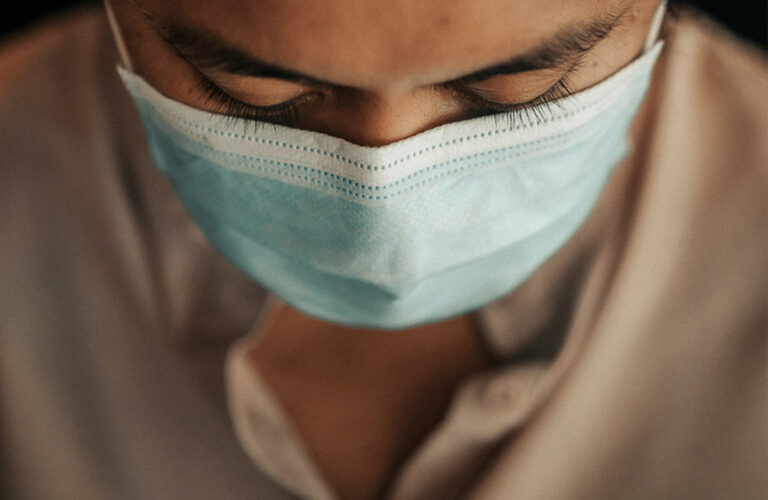Philippines’ President vows to jail people who refuse the COVID-19 vaccine

President Rodrigo Duterte of the Philippines declared during a televised meeting with pandemic task force officials on 21 June that individuals refusing vaccination would be arrested. This statement followed reports of low turnout at COVID-19 vaccination centres across the country, particularly in the capital Manila. Criticism for the leader’s handling of the pandemic is high as the country faces one of the worst outbreaks in Asia—holding a collective total of 1.3million cases and 23,000 deaths.
In the televised address Duterte said, “You choose, vaccine or I will have you jailed.” According to Rappler, he later threatened to have people thrown in jail and the vaccine “injected into their buttocks.” He also warned that he would have all leaders across the Philippines document the names of those who have yet to be vaccinated. Duterte later explained the reasonings for these threats, “Don’t get me wrong, there is a crisis in this country. I’m just exasperated by Filipinos not heeding the government.”
This doesn’t appear to be the case though as his personal statements contradict that of the health officials of the country. Harold Chiu, an endocrinology specialist at the Philippine General Hospital in Manila, told Al Jazeera it is “against patient autonomy to force and incarcerate people for refusing an intervention. I encourage everyone to get vaccinated because vaccines work and they prevent us from getting severe Covid-19.”
As of 20 June, authorities have reported a total of 2.1 million fully vaccinated people so far—with a total population of 110 million, the government’s target is to vaccinate 70 million people this year. Some reports have criticised the ‘slow progress’ of the country to meet this goal, however, this may be due to the vaccination gap happening across the world. The stiff competition to procure vaccines at the start of the year has limited and delayed supply to many countries—the Philippines included.
This could be due to speed up, however, as the Philippines seals the biggest COVID-19 vaccine order yet—set to be 40 million Pfizer doses. Following the deal, it has been reported that the country will also receive a donation of around 1 million from the US surplus supply of vaccines. This comes after a White House Fact Sheet released 21 June details the distribution of 55 million vaccines across the globe, with the Philippines making the list. This will be done through COVAX—a global vaccine sharing facility.
If President Duterte follows through on his threats, this could become one of the toughest penalties for COVID-19 vaccinations globally. However, it must be said that these threats are not set in law; there is currently no law that criminalises the refusal of vaccination in the Philippines or any other bill that makes the COVID-19 vaccine compulsory.




